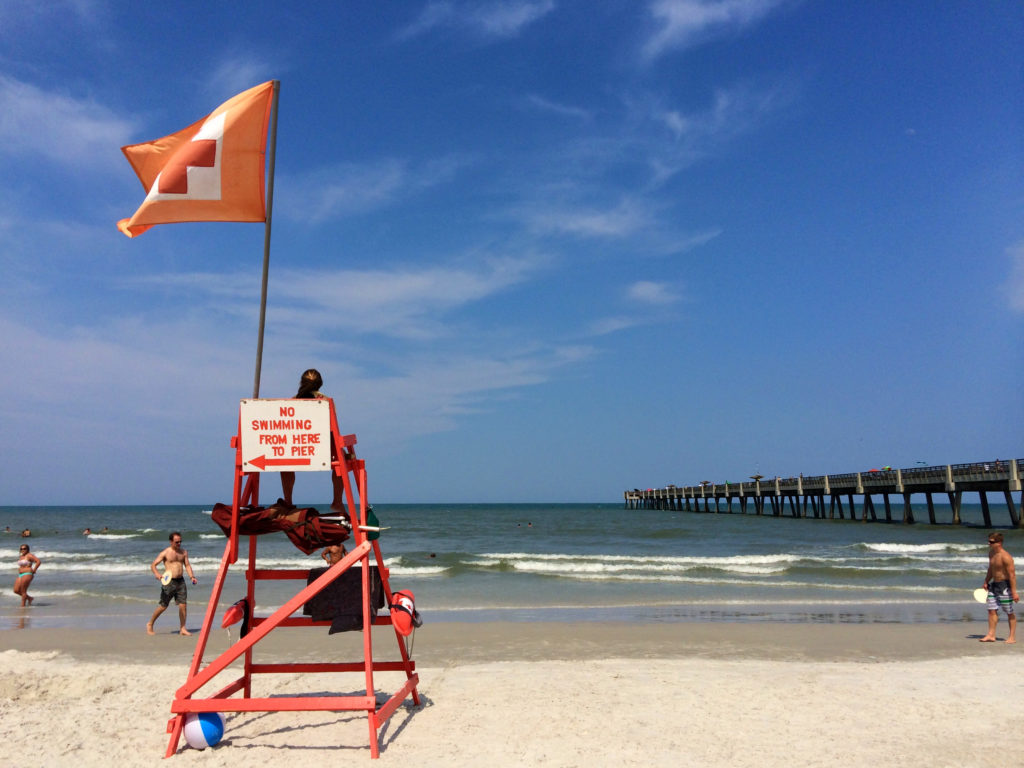Key Points:
- Hiring appetite in the Canadian cannabis sector has come down sharply over the past year, with a boom in job postings reversing after mid-2019 and only stabilizing in May 2020.
- Demand for retail workers has held up better, but retail-related jobs still accounted for less than a fifth of total cannabis sector postings in early September.
- Job seeker interest in cannabis jobs is also down, with the current share of cannabis-related searches at levels seen before Canada’s legalization date was announced.
The Canadian cannabis sector hasn’t dodged COVID-19’s hit to the economy. Employment in cannabis manufacturing started to slide in March and continued shrinking through June as some of Canada’s largest producers announced layoffs. While the sector also comprises areas of agriculture, transportation, and trade, among others, stock prices of many of the industry leaders were down substantially even before the pandemic, suggesting tough times for the sector overall.
But not all the official data is downbeat. Statistics Canada reports that real GDP in the licensed portion of the Canadian cannabis sector was up 60% in June from a year earlier, probably aided by a more than doubling of sales at cannabis stores over this period. This raises the question of how well cannabis employment is doing overall and the extent of employer demand for workers.
Cannabis sector job postings down sharply from mid-2019
We track cannabis-related job postings by tallying those mentioning terms like “cannabis” and “budtender” in their job descriptions, excluding those that also feature phrases like “drug test.” Among the most common jobs are retail-related roles like sales associate, store manager, and budtender, as well as non-retail positions including technician, harvester, and consultant.
Overall, hiring appetite in the Canadian cannabis sector hasn’t been immune from the COVID-19 pandemic. Job postings that included cannabis-related terms dropped 29% after the week of March 13, a somewhat smaller decline than the plunge in economy-wide postings.
That said, cannabis job postings were already declining heading into the pandemic. These postings boomed in 2018 in anticipation of legalization and that momentum carried over into the summer of 2019. Cannabis-related postings eventually peaked at 0.54% of all Canadian job postings in late July. Momentum then reversed and postings started to drop, falling 40% as a share of total activity to below 0.32% in early March 2020.
As the pandemic’s initial shock on job postings has faded, cannabis sector postings have rebounded modestly, similar to the trajectory of the broader economy. Overall, the sector accounted for 0.38% of total Canadian job postings in early September, near its share in early 2019 and similar in size to postings in hospitality and tourism, and architecture.
Retail jobs holding up better, but still have a small footprint
With legalization approaching its third year, it’s not surprising that hiring plans have cooled in many areas of the sector. Retail is an exception. Cannabis retailing in some provinces, particularly Ontario, was initially slow to roll out, but has since opened up. In fact, postings for retail-related cannabis jobs have been relatively strong since the pandemic’s initial shock passed and are currently at similar levels to last summer. However, they haven’t been enough to stem the sector’s overall decline. While they’ve nearly doubled as a share of total cannabis postings since mid-2019, retail-related jobs still accounted for just 18% of total cannabis sector postings in early September.
One reason for retail’s limited footprint is that, despite a recent increase in Ontario, demand there remains relatively low compared with other regions like Alberta, where private cannabis retailers have been operating since legalization. Retail-related cannabis postings made up just 0.05% of all Ontario job postings at the end of August, compared with 0.28% of all postings in Alberta. This suggests potential room to run for hiring in Ontario’s retail space, particularly once the cloud of the pandemic passes.
Job seeker interest has also cooled
Job seeker interest in the cannabis sector experienced a huge surge in the lead-up to legalization, with cannabis-related searches spiking as a share of total searches during the week of legalization in October 2018. Interest quickly calmed in the following weeks and the cannabis-related job search share drifted down further over 2019 and early 2020. It has since stabilized. In early September, 0.22% of all Canadian job searches included cannabis related terms, a similar share to the level that prevailed before an official legalization date was announced in June 2018.
Cannabis job landscape starting to resemble the rest of the economy
The Canadian cannabis sector may have initially caught the imagination of many people, but both job postings and job seeker interest have come down from their earlier highs. Prospects for further growth hinge on how large a share of the market the licensed portion of the sector captures. Statistics Canada estimates that, in June, about 58% of the Canadian cannabis sector was licenced, up from 43% a year earlier. Expanding the scope of brick-and-mortar retail could bring further gains, but might have to wait until the pandemic fades and daily life resumes.
Methodology
We track cannabis sector job postings on Indeed Canada by tallying job postings that include related terms in their job descriptions, such as marijuana, cannabis, budtender, and CBD. We exclude postings including terms like “drug test” or “drug user” in their descriptions to avoid job ads that might include cannabis-related terms existing outside the industry. We also don’t include job postings from certain public sector retailers that also sell alcohol, and don’t distinguish which product the employee will be working with. Retail-related roles include a range of job titles such as sales associate, budtender, store manager, educator, and cashier. All data presented in each chart and cited in the text refer to seven-day moving averages.
We track job seeker interest in cannabis-related postings by calculating the share of total job searches on Indeed Canada that included one of five terms: cannabis, marijuana, dispensary, weed, and budtender.






